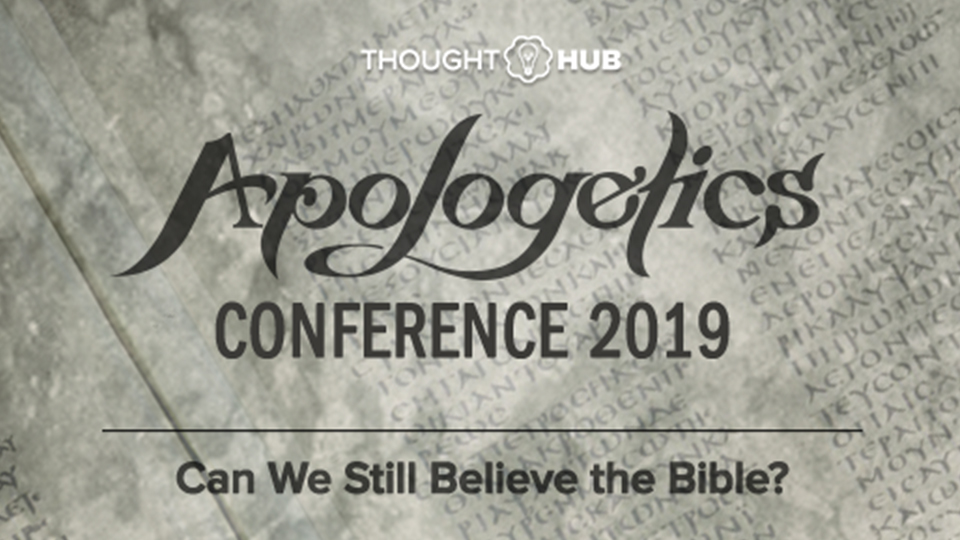In our previous blog, we tackled the first question people tend to ask when they visit a church for the first time. In the 2nd installment of this 5-part series, Dr. Mike Clarensau shares the second question addressing the importance of trust and security for visitors. Church can and should be a vulnerable place, and as such, visitors must feel safe to be themselves and be vulnerable.
The questions people are asking when they walk through church doors have changed over the past decade. Questions like, “How’s the music?” or “Is the preaching good?” or even “What do they have for my kids?” have slid down the list for many. Yes, a quality presentation and excellent children’s ministries still matter, but those are typically the thoughts of churched people who have come to check you out. The real target audience–the unchurched in our communities–don’t listen to Christian music and aren’t shopping for the best preaching in town. They’re looking for something else.
When markets become volatile or we lose a job or lose business revenue unexpectedly, the human response is to allow fear to overtake us. Multiple questions begin to plague our minds such as, “How will I pay my bills or make payroll?”, “Will this ever turn around?”, and “How will I reach my retirement or other financial goals?” Additionally, our well-meaning friends and loved ones begin to ask us “So, what are you going to do?”….repeatedly!
Have you ever done something that was exhilarating, unique, or maybe a bit scary? Maybe an experience that changed your life? Perhaps you have skydived, eaten exotic food, swam with dolphins, rode a rollercoaster, or traveled to a dream destination. If you have done something like that and the only thing you could take home was a memory, then you have been part of the Experience Economy. In this article, Dr. Garland Owensby shows how Gen-Z is pursuing the Experience Economy and how the church can use this desire to reach them.
Financial stress can affect all facets of life. In some cases, it can even lead to severe anxiety and depression. Fortunately, we don’t have to do it on our own – the Bible has over 2,000 verses about money, wealth, and possessions. In this vlog, Melody Gray Block, Certified Financial Planner and MBA, introduces a few different perspectives on how to adopt a Christ-centered viewpoint on your finances.
Today, there seem to be more and more articles and books either defending or castigating local churches on the issue of their size. Some applaud the large church in such a way that the smaller church seems unnecessary and without a future, while others defend the merits of the small church and treat the larger congregation with contempt and suspicion. It seems we are determined to find a side to fight for somewhere between the house churches of Acts 2 and the massive modern churches in Southeast Asia.
Are there biblical translations that are less accurate than others? Which translations should we use and which ones should we avoid? In part 2 of this vlog series, Dr. Craig Blomberg continues to share proof of the historical reliability of biblical scripture by expounding on the process of biblical translations. Dr. Blomberg addresses the three major philosophies associated with choosing a biblical translation: form preservation, a direct translation of Greek/Hebrew manuscripts to English, and optimal equivalence.
How do you defend the historical reliability of biblical scripture against individuals who insist on its inaccuracy? How do you respond to those who would question the church’s decision to include or exclude certain books from the biblical canon? In the first installment of this vlog series, Dr. Craig Blomberg addresses these topics by discussing the foundations of their discrediting views including variances in original manuscripts of scripture and the validity of such arguments.
Fasting! For many non-liturgical Christians, the thought of fasting triggers strong emotions of disdain, as though the experience was overtly alien or unnatural. Memories of failed attempts to abstain from food for a given number of meals rekindles guilt. Yet Jesus was unmistakably clear about this painful topic: “ The days will come when the bridegroom is taken away from them, and then they will fast ” (Matt. 9:15). This means that fasting is–or ought to be–part of the normal Christian life. Stated differently, normal Christians fast; only abnormal Christians seek to avoid it.








